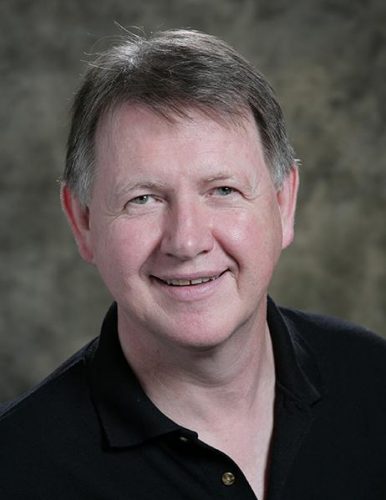In Praise of Restraint
 A Letter to Pittsburgh Presbytery from
A Letter to Pittsburgh Presbytery fromIn Praise of Restraint
At the beginning of a letter in which he has plenty to say, James famously counsels us, “Let everyone be quick to listen, slow to speak…” We may be tempted to characterize him as demonstrating the ancient maxim, “Do as I say, not as I do.” But that misses his point. Not everything that needs to be said is beneficial to say here, now, and by me.
I thought of this as I considered the legacy of “my Queen,” Elizabeth II, who died last week after reigning more than seventy years. Not only Britons, but people around the world in the Commonwealth of Nations counted her as “their” queen. As a Canadian, I knew no face but hers on our currency, and prayed for her every day as we sang at school “God Save Our Queen” alongside “O Canada.”
She became “ours” in a special way when she visited my home community outside Vancouver one warm Spring day in 1969, and our entire town lined the main street as she slowly rode by. My Mom got to go to church with her, and had a chance to speak with her. She reported that the Queen was as ordinary as she was regal.
While some have criticized the monarchy for its failure to call out Britain’s history of colonialism and slave-trade, Elizabeth continued to be widely beloved and heeded until her death, in stark contrast to the brevity of power that other world leaders have experienced as every nation has become more and more bitterly divided.
What was the secret of her popularity? How did she continue to maintain influence over decades while other “influencers” fell from public grace soon after they rose?
Elizabeth demonstrated the grace of remaining influential by practicing restraint in her declarations. She certainly must have had opinions about the thirteen U.S. Presidents that visited with her. Yet nobody knows how she felt about them; she kept those views to herself.
She knew that if she was to be everyone’s Queen, she could not side with one party against another. Her son Charles, now the King, waded routinely into roiling political waters as Prince of Wales. But now that he is King, he has promised no longer to take up those causes, because his vocation is to be King of all the people, not just some of them.
In remaining neutral, Elizabeth maintained international influence that she used to raise awareness of and mobilize engagement with humanitarian concerns that rise above politics, such as hunger, homelessness, poverty, and public health. She was not merely broadly admired – she made a great difference in the spheres of her influence, and was able to do so precisely because she refrained from speaking about things she could not repair.
She was able to accomplish much because of what she didn’t say.
There is a time and place and person for speaking truth in the face of falsehood, for exposing abuses of power, for crying out against injustice. Many of the ancient prophets lived out that vocation. Jesus noted that such individuals usually died for having borne their witness, just as he was destined to do.
In Scripture, such callings are fearful and few. No wonder that the call stories of prophets consistently portray them as resisting their call. The terrifying, holy work of prophets is vastly different from that of self-anointed crusaders.
For most leaders of God’s people, for most situations, James’s counsel to be slow to speak ought to be heeded, if they are to establish and maintain sufficient influence to make a lasting difference in the lives of many. Queen Elizabeth models a grace that church leaders would do well to ponder, if they are called to be shepherds for the whole community of faith, not just some of it.
Hear again James’s caution: Not everything that needs to be said is beneficial to say here, now, and by me.
Queen Elizabeth practiced restraint as her royal duty, not just personal preference. What is the official duty of those called and ordained to serve as shepherds of Christ’s church? The Book of Order speaks to that duty clearly (G-2.01, W-4.04), but I leave us with words of biblical counsel to church leaders, “…to speak evil of no one, to avoid quarreling, to be gentle, and to show every courtesy to everyone.”[i]
Yours in leading God’s people,

[i] There is, to be sure, a time and place for faith leaders to name and resist forces of evil. I will consider that challenge in a subsequent letter. But that challenge does not relieve us of the call also to practice the grace of restraint.
